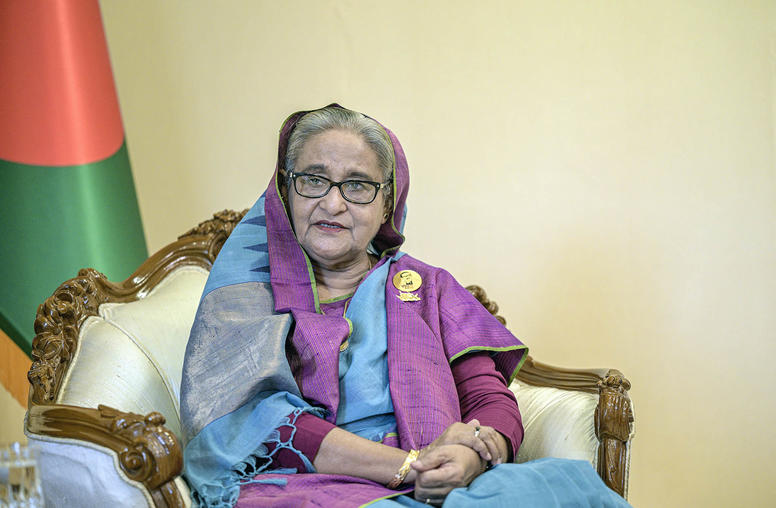The Future of Democracy in Bangladesh: Analysis of Recent Developments
The Center for Conflict Analysis and Prevention at the United States Institute of Peace cordially invites you to attend a roundtable discussion of the recent events in Bangladesh.
Panelists will shed light on the recent governance and electoral developments and what they portend for Bangladesh's weakened democracy. USIP is privileged to host several speakers with analytical depth and robust on-the-the ground experience.
Speakers
- Cynthia R. Bunton
Regional Program Director (Asia) | International Republican Institute - Peter M. Manikas
Senior Associate and Regional Director for Asia | National Democratic Institute - Amb. William Milam
Senior Policy Scholar | Woodrow Wilson International Center for Scholars - T. Kumar
Advocacy Director for Asia & Pacific, Amnesty International USA - C. Christine Fair, Moderator
Senior Research Associate for South Asia and Terrorism | U.S. Institute of Peace



